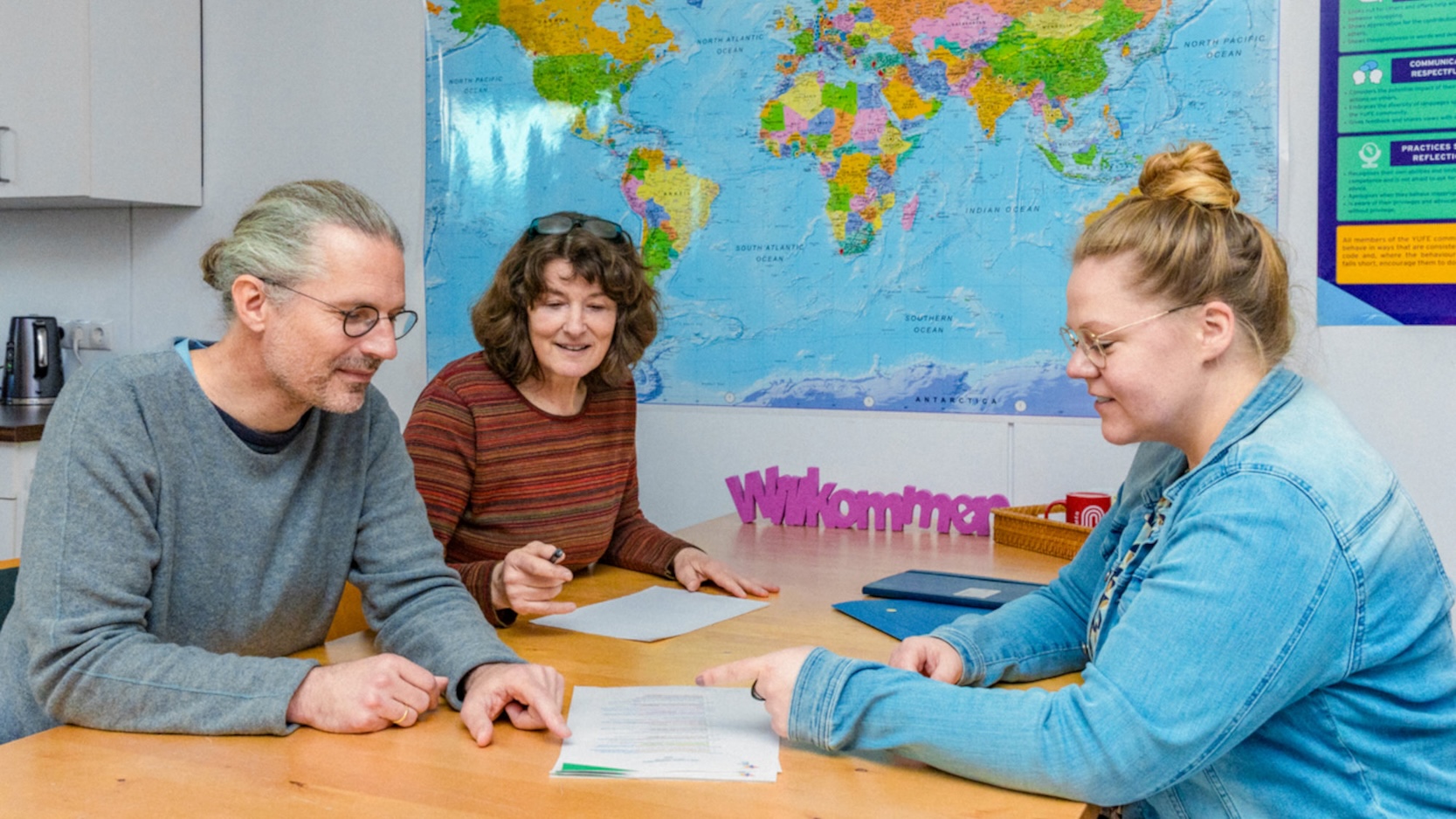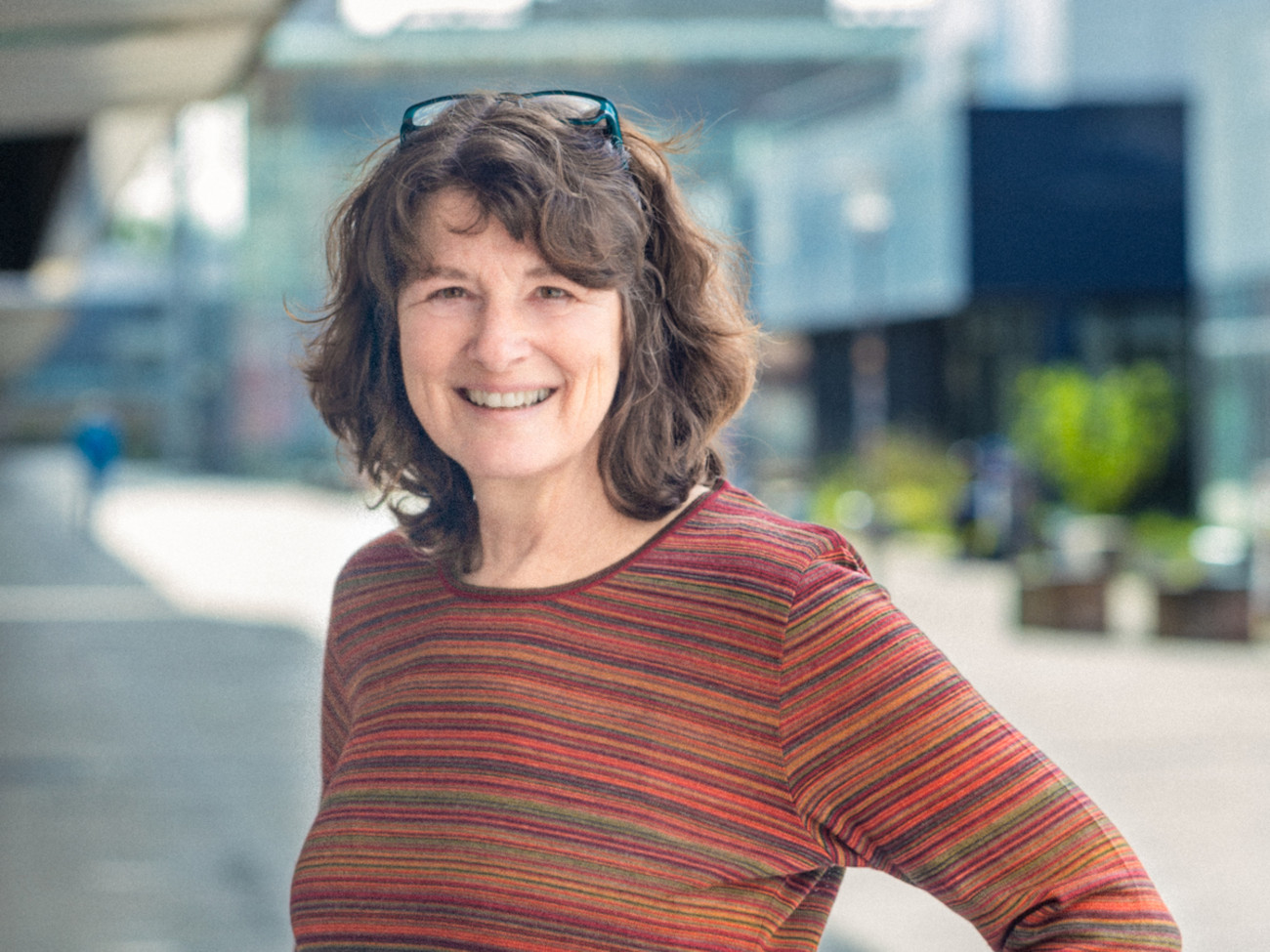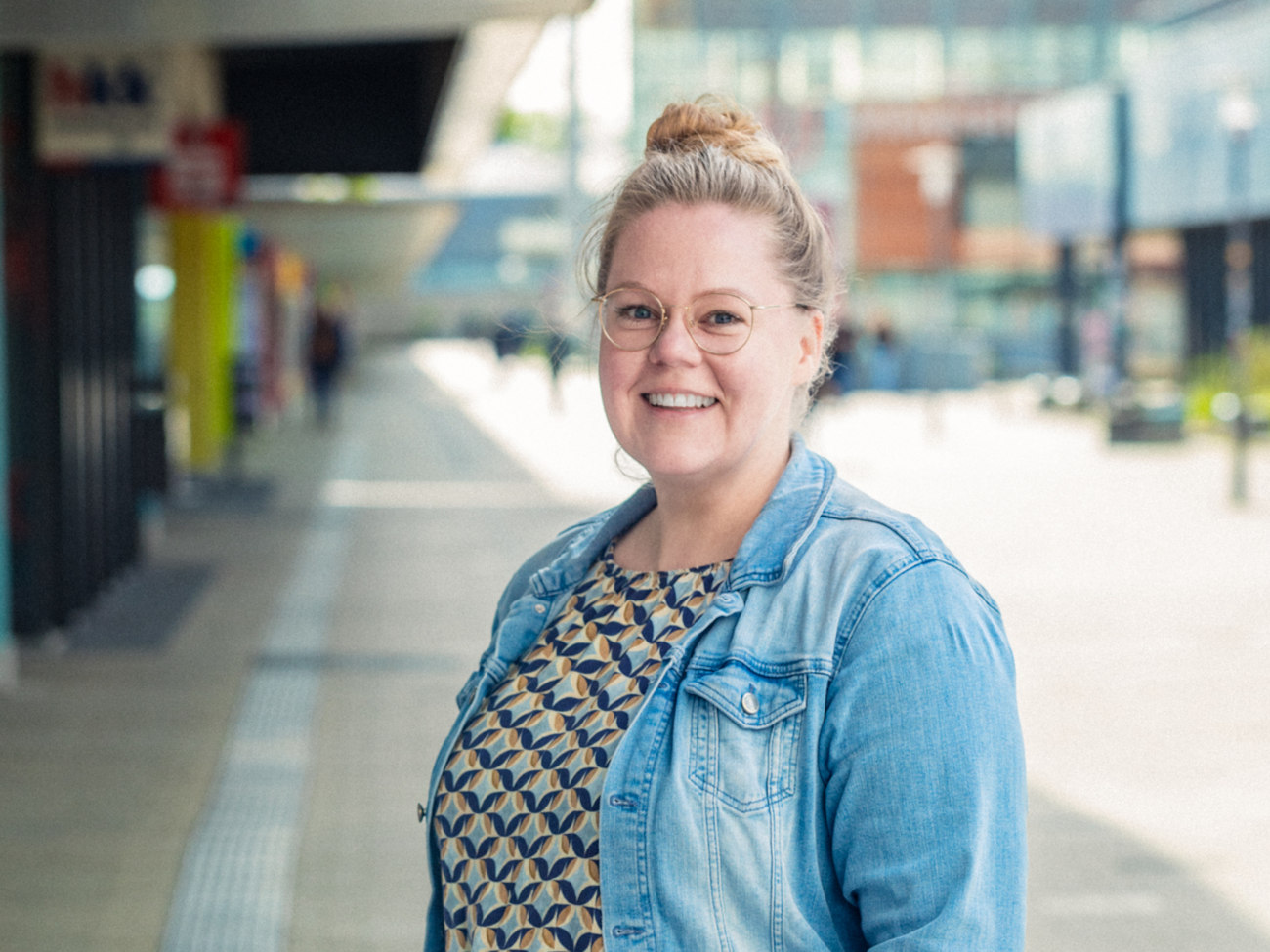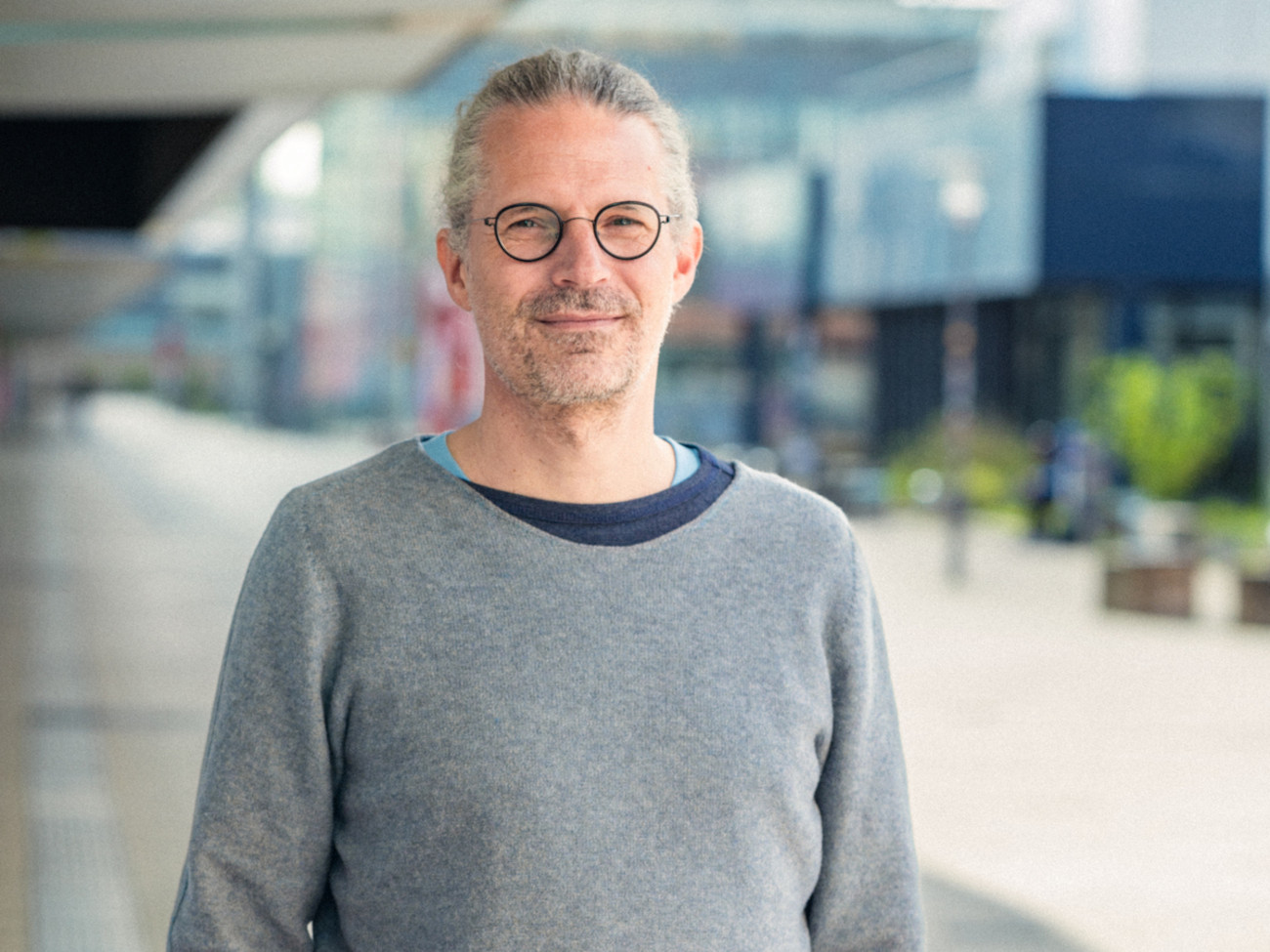
© Matej Meza / Universität Bremen
A European Approach to Life Sciences
From Croatia to England, from lectures to online courses – BioYUFE connects European research and teaching in the field of life sciences
Ten individual European universities are to become one joint university – this is the goal of the YUFE (Young Universities for the Future of Europe) university alliance. The goal is to create a network for students, technicians, administrative staff, and researchers across Europe, and for them to initiate joint projects – but what does this actually mean in practice? Werner Ulrich, professor of Ecology and Biogeography at the Nicolaus Copernicus University of Toruń in Poland, asked himself this very question three years ago. Consequently, he contacted researchers in his field at the YUFE partner universities and asked whether they would be interested in a professional exchange. That is how BioYUFE was born, a YUFE initiative in the field of life sciences.
Since then, the idea has continued to take shape. Meetings in Toruń, Bremen, and Rijeka allowed their participants to explore common topics and to plan specific projects. In addition, there were countless digital meetings. The topics covered by the researchers are wide-ranging and highly relevant, encompassing everything from molecular biology to biodiversity. “In projects related to the interdisciplinary topic of sustainability, even researchers from universities that do not have an explicit research focus in life sciences take part,” explains Ute Meyer, international coordinator of the Faculty of Biology/Chemistry. Together with Marko Rohlfs, professor for Chemical Ecology, and Svenja Renner, coordinator of the YUFE Student Journey, she is part of the BioYUFE team at the University of Bremen.

© Matej Meza / Universität Bremen
Much has been achieved since BioYUFE was founded: Since the 2023/24 winter semester, 13 courses and lectures have been offered by its universities – all hybrid, so that it is easy for students to attend events at other European universities. In addition, there have been a student conference and academic online courses. However, BioYUFE is not only for students and for researchers from the field of life sciences. The specialist initiative launched by researchers is also an enrichment for YUFE itself.
Ten Higher Education Institutes, One European University – This Is YUFE
In 2019, the alliance was founded with a focus on joint structural development. Funded by the European Union, the participating universities were to grow closer together. One of the benefits is that students can easily complete a semester abroad at one of the YUFE partner universities. But YUFE is much more than student exchanges, according to Svenja Renner. “YUFE is explicitly aimed at all members of a university – including researchers, teaching staff members, and other employees.” The YUFE4Postdocs program, for example, enables researchers to spend three years working on specific areas of focus at different YUFE universities. In addition, YUFE currently offers staff training programs free of charge, such as in human resources development or in the area of Open Science.

© Matej Meza / Universität Bremen
The Path from Hybrid Events…
According to Svenja Renner, among the many features that makes BioYUFE unique among the many YUFE activities is not just its focus on a specific research field. “The close collaboration between researchers and administrative staff is equally special.” Svenja Renner has taken part in many BioYUFE meetings. Her role is to integrate the life science perspective with the overall YUFE perspective – for example on the topic of hybrid courses. YUFE already has a digital platform for courses, the Virtual Campus. This is where Svenja Renner started her work and made sure that the BioYUFE courses were both available and visible there.
… To a Joint Master’s Program?
Ute Meyer and Marko Rohlfs are currently working on further developing the BioYUFE course catalogue. So far, most of the time, one university has offered a particular course, which has then been approved and recognized by the others. The researchers from University of Bremen would like to cooperate more closely in this area and are planning courses that will be taught jointly by researchers from several universities. A joint master’s degree is also being considered.

© Matej Meza / Universität Bremen
Looking back on three years of BioYUFE, what do the Bremen colleagues remember most? For Marko Rohlfs, the most memorable aspect is how straightforward and hassle-free it all started. “At the beginning, we asked ourselves what significance YUFE has for us in the area of life sciences and how we could network,” he explains. “It’s amazing what has since evolved.” Marko Rohlfs, Ute Meyer, and Svenja Renner are committed to making it as easy as possible for other researchers to get involved. “Anyone who would like to hear about our experiences is always welcome to join us for a coffee,” Ute Meyer concludes.